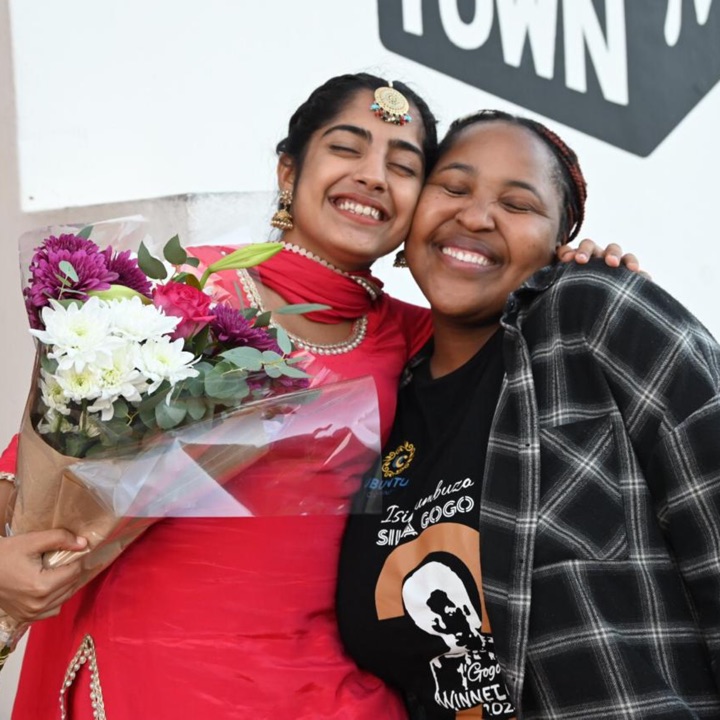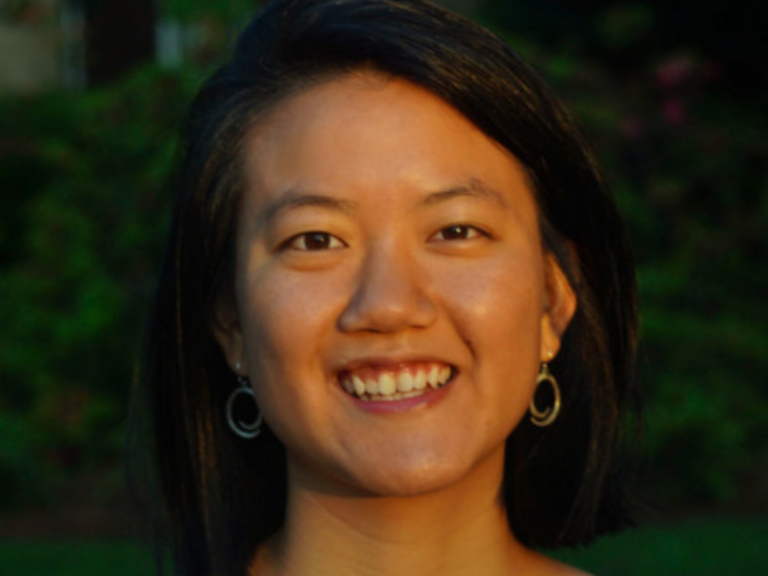High school graduation is rapidly approaching. You’ve ordered a cap and gown, selected senior portraits and picked the date for a party. The only problem is your senior is totally burned out, with no clue what comes next. Until he finds better focus and direction, the reality of paying tens of thousands of dollars in college tuition seems like a bad idea.
If this sounds familiar, read on to discover how a gap year might offer your student an alternate route to higher education.
What is a gap year?
A gap year is a one-year break from traditional studies, typically taken either between high school and college, or between undergraduate and graduate programs.While quite common in many other countries, taking a gap year is still an unusual practice in the United States. Recent trends indicate a gain in popularity—perhaps due to increased academic and social pressures in modern day high schools.
“A gap year presents endless possibilities,” says Dianna Hahn, associate director of Gap Year Association. “Students may choose to work, intern, travel, volunteer, care for a loved one or pursue a new skill.”
Many universities now offer deferred enrollment to incoming students; several, including Harvard and Princeton, encourage such breaks.
What are the pros?
“Taking a gap year affects students in all different ways, positively influencing everything from their personal growth and maturity, to their academic experiences in college, and even their readiness and confidence in career decisions,” says Hahn.Yoni Kruvi, a former San Dieguito Academy student, is spending a year in Thailand teaching kids English. To date, he has experienced many of these beneficial outcomes.
“I was hoping for an experience where I could live more independently and grow, as well as give back to a community,” Kruvi says. “I earn my own money, rent my own apartment.” He discovered a love for teaching, but also recognized an underlying desire to pursue a career in performing arts and has applied to schools while away.
A gap year often gives students a deeper understanding of the world. Savier Morales from City Heights spent a year in Ecuador. He lived with a local family while apprenticing at both a women’s shelter and an organic strawberry farm.
“I learned more about the world, life and how to live than all my schooling put together,” Morales reflects. He is now a freshman at College of the Atlantic, studying Human Ecology.



